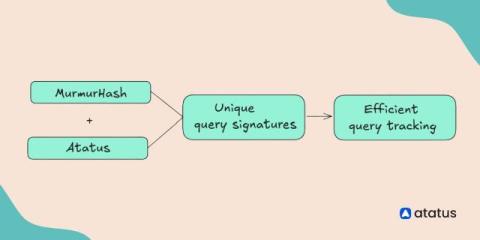Feature Friday #38: Developing modules that take input
CFEngine build modules are great for quickly integrating 3rd party policy into your policy set. Module input (not to be confused with inputs in body common control or body file control which are the list of policy files to load) allows you to define values that apply for a particular module as it’s integrated into your policy set. Let’s take a look at a case of extending a module to support input.











